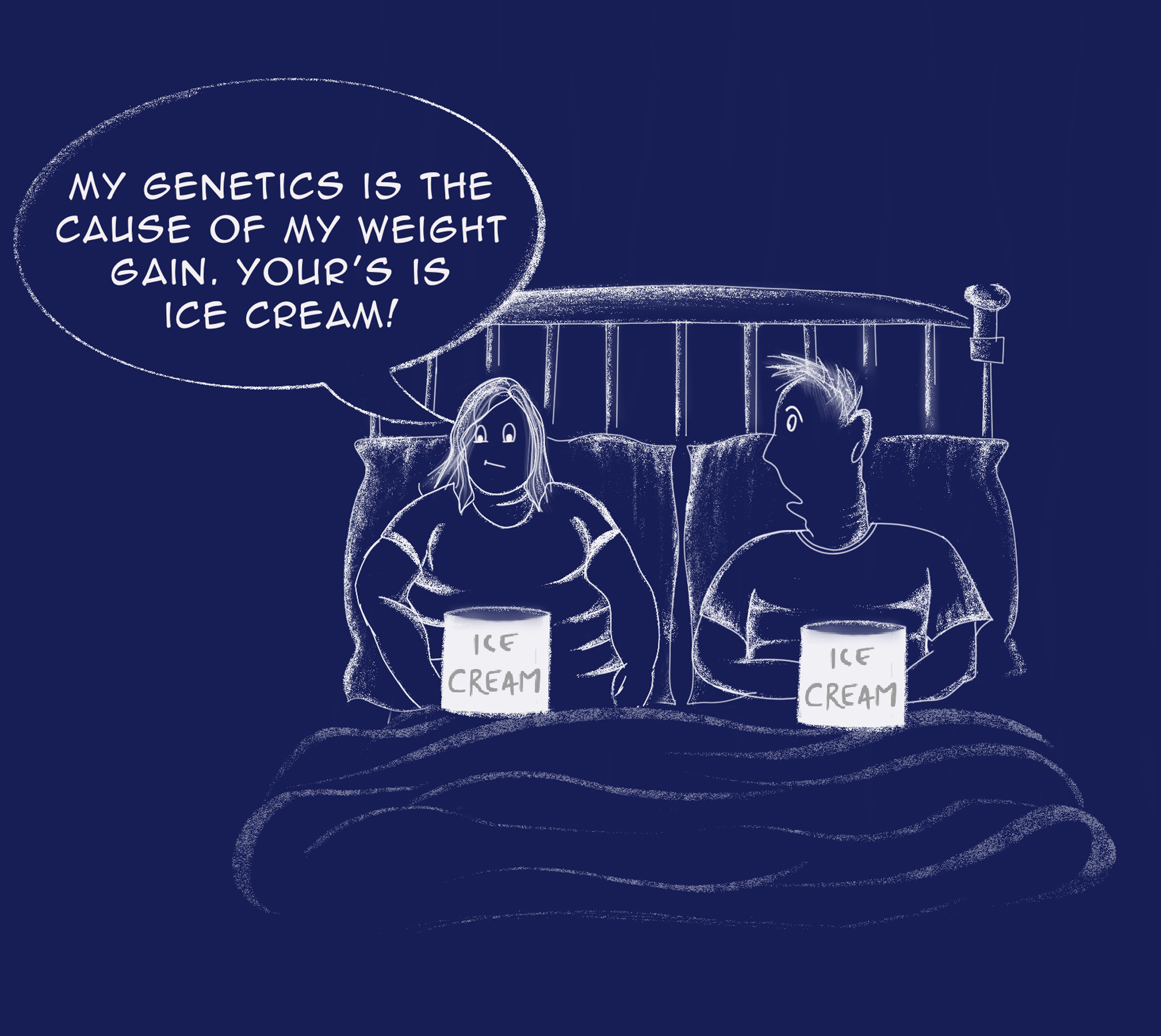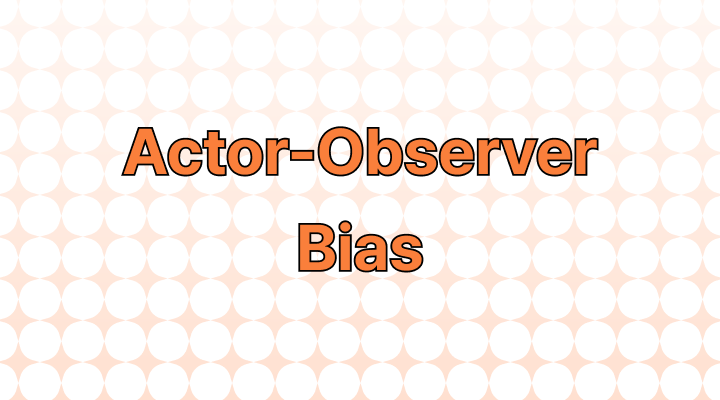Actor-observer bias is the tendency for individuals to attribute their own actions and behaviors to external, situational factors while attributing the actions and behaviors of others to internal, dispositional factors. In other words, when we observe our own behavior, we tend to focus on the external circumstances or situational factors that influenced our actions, but when we observe the behavior of others, we often attribute it to their personal traits or characteristics.
For instance, imagine you are driving to work, and you accidentally cut someone off in traffic. When reflecting on your own actions, you might think, "I had to change lanes quickly because there was construction, and I didn't see the other car." In this case, you attribute your behavior to the external situation (construction and poor visibility). However, if someone else cuts you off in traffic, you might think, "That driver is so rude and careless." Here, you are attributing their behavior to their internal traits (rudeness and carelessness) rather than considering situational factors that might have led to their actions.
Example sentences
- The psychologist conducted a study to examine the prevalence of actor-observer bias in everyday life.
- The professor explained the concept of actor-observer bias to the class during the psychology lecture.
- We should be aware of the actor-observer bias when evaluating our own actions and those of others.
- The researcher's findings supported the existence of the actor-observer bias in social interactions.
- Understanding the actor-observer bias can lead to more empathetic and fair assessments of people's behavior.
- In marriage counseling, it's important to address the actor-observer bias when discussing relationship issues.
- The actor-observer bias can lead to misunderstandings and conflicts in personal relationships.
- Self-awareness can help individuals recognize and mitigate the effects of the actor-observer bias.
- The journalist wrote an article about the impact of the actor-observer bias on public perception.
- Many conflicts can be resolved more effectively if people acknowledge and discuss the actor-observer bias in their interpretations of events.
Want to sound like a native speaker?
Engram’s AI-powered grammar checker makes your English sound like a native speaker’s, suggesting natural English expressions on top of fixing grammar, spelling, punctuation, word order, and vocabulary.

Reference:
















